What happens when the most powerful person in the world can’t take a joke? It’s not a setup for a punchline. In September 2025, we found out the answer when ABC’s “Jimmy Kimmel Live!” was abruptly pulled from the air, not by the network, but by a coordinated effort from powerful station owners following threats from the Trump administration. This wasn’t just about a controversial monologue; it was a five-alarm fire for free speech.
The Late-Night Reckoning
The trouble started after Kimmel’s monologue about the assassination of conservative activist Charlie Kirk. When Kimmel criticized attempts to distance the alleged killer from the MAGA movement, the backlash was swift and severe. FCC Chairman Brendan Carr, a Trump appointee, publicly threatened Disney and ABC with regulatory action, including fines or even license revocations. Almost immediately, major affiliate groups like Nexstar and Sinclair, which control hundreds of local stations, announced they would no longer air the show. ABC was left with little choice but to suspend it indefinitely.
This wasn’t an isolated incident. Just two months earlier, in July 2025, CBS announced it was canceling “The Late Show with Stephen Colbert,” the highest-rated show in its time slot. While the network cited “financial reasons,” the timing was suspicious. The move came after Trump had publicly praised the idea of the show’s cancellation. As late-night legend David Letterman put it, the decision was “pure cowardice.”
These events are part of what industry insiders are calling the “Late-Night Reckoning.” It’s a crisis driven by a perfect storm:
- Declining Viewership: Kimmel’s show, for example, saw its viewership in the key 25-54 demographic drop by a staggering 72% over the last decade.
- Economic Pressure: Ad spending on late-night TV plummeted by 50% between 2018 and 2024.
- Intense Political Scrutiny: The Trump administration has made it clear that media criticism will not be tolerated. As one media scholar noted, Kimmel’s suspension was driven by a “coordinated backlash from affiliate stations,” a new and dangerous dynamic in content policing.
The Blueprint for an Imperial Presidency
The pressure campaign against Kimmel and Colbert didn’t come out of nowhere. It’s a direct application of a detailed strategy for consolidating power known as Project 2025. Developed by the Heritage Foundation and over 100 conservative groups, this nearly 900-page document is a roadmap for transforming the U.S. government.
At its core, Project 2025 aims to dismantle the independence of federal agencies and place them under the absolute control of the president. This is based on an expansive legal concept called the “unitary executive theory,” which essentially argues the president has total authority over the entire executive branch. The plan calls for gutting agencies like the Department of Justice (DOJ), the FBI, and, crucially, the Federal Communications Commission (FCC).
The goal is to replace tens of thousands of career civil servants with political loyalists who will carry out the president’s orders without question. This explains why FCC Chairman Carr felt empowered to threaten ABC. Under the Project 2025 vision, the FCC is no longer an independent regulator; it’s a tool to enforce the president’s will. Critics have called the project a plan to “rip out democracy by its roots.”
Weaponizing the Machinery of Government
Since taking office on January 20, 2025, the Trump administration has moved aggressively to put this theory into practice. By early September, President Trump had already signed over 200 executive orders, many of which are being challenged in court for exceeding presidential authority.
The Department of Justice is a key focus. There are widespread concerns it is being turned into a political weapon to target opponents. One of the administration’s first acts was to pardon many individuals involved in the January 6th Capitol riot, sending a clear message that loyalty to Trump will be rewarded, even if it involves breaking the law. Simultaneously, investigations into Trump’s allies have been quietly dropped.
This approach extends to anyone perceived as an enemy. The administration has reportedly targeted law firms involved in cases against Trump, restricting their ability to do business with the federal government. It’s a pattern of using the immense power of the state to reward friends and punish enemies, a classic hallmark of authoritarian regimes. This isn’t just politics as usual; it’s a fundamental shift in how presidential power is wielded, with little regard for constitutional norms or the rule of law.
The War on Truth
The attacks on late-night comedians are just one front in a broader war on the press. The administration’s official policy is to treat media access as a privilege, not a right. In a move that broke with a century of tradition, the White House took control of press credentials away from the independent White House Correspondents’ Association, allowing the administration to hand-pick the journalists who cover the president.
The Associated Press was barred from White House events after it refused an administration directive to refer to the “Gulf of Mexico” as the “Gulf of America.” The administration has also reopened FCC investigations into major networks like CBS, ABC, and NBC, creating what the Committee to Protect Journalists calls a “heightened sense of concern among newsrooms.”
This hostility is having a measurable impact. Reporters Without Borders now ranks the United States 57th out of 180 countries in its Press Freedom Index, designating the country as “problematic.” When the president consistently labels news organizations “the enemy of the people,” it creates a dangerous environment for journalists simply trying to do their jobs.
Is American Democracy on the Brink?
Democracy watchdogs are sounding the alarm. The V-Dem Institute, a respected global project that measures democracy, warned in March 2025 that if current trends continue, the United States “will not score as a democracy” in their 2026 data. The Carnegie Endowment for International Peace has noted that the U.S. is showing clear signs of “democratic backsliding,” including attacking judges, usurping congressional powers, and retaliating against opponents.
The firing of a late-night host might seem like a small thing in the grand scheme of things. But satire has always been a canary in the coal mine for democracy. It’s a way to speak truth to power, to hold leaders accountable, and to remind them that they serve the people, not the other way around. When a government can no longer tolerate being the butt of a joke, it’s a sign that it no longer tolerates dissent of any kind. The question now is whether the institutions designed to protect free speech, from the courts to Congress to the public itself, are strong enough to push back before the joke is on all of us.
(Featured image via Tommaso Boddi/Getty Images Entertainment/Getty Images)





